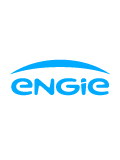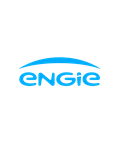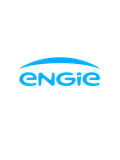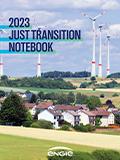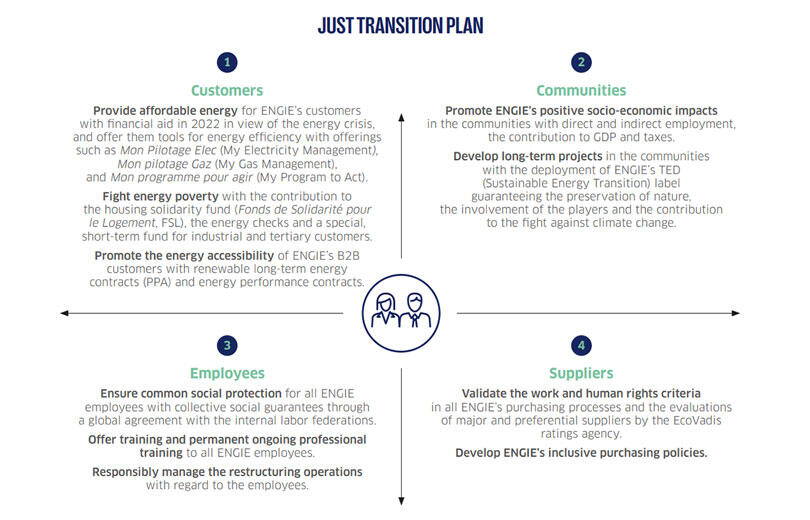
Sommaire
Social responsibility towards our employees
Human resources policy and social dialogue
On a corporate level, ENGIE Group is developing a human resources strategy that aims to achieve best practices and is committed to continuous improvement.
Find out more about the Human Resources Policy of the Group
The policy is based on constructive and transparent social dialogue.
Find out more about the Group's Social Dialog
The social agreements which are regularly signed with employee representative organisations attest to this constructive social dialogue.
